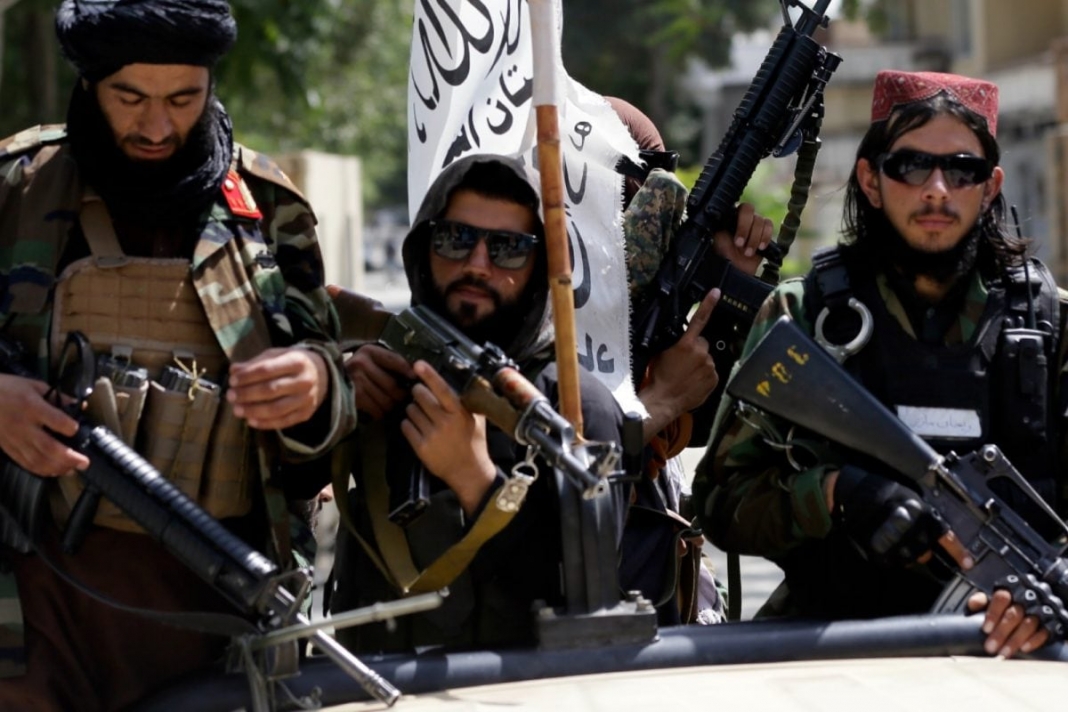According to a TTP sympathiser, this bonhomie between the Pakistan army and the Afghanistan Taliban is unlikely to last long, as recent actions against the TTP, that is the Pak Taliban, have created a lot of anger among the Taliban cadre in general.
New Delhi: In a bid to put pressure on the Tehreek-e-Taliban Pakistan (TTP), so that it resumes the ceasefire agreement with the Pakistan government, the ISI and the Haqqani network are jointly coordinating and carrying out anti-TTP operations under which they are arresting TTP leaders.
It is pertinent to mention that TTP, which is also called “Pakistan Taliban”, on 9 December, declined to extend the month-long ceasefire with the Pakistan government, accusing it of “failing to honour the mutual decisions” they had reached earlier.
While refusing to extend the ceasefire, the TTP leadership shared a six-point agreement, which it said, it had reached with the Pakistan government on 25 October, under which the Afghan Taliban and Haqqani network would play the role of a mediator and that both sides (TTP and Pakistan) would form five-member committees to discuss the next course of action.
Among other terms, both sides had agreed to observe a month-long ceasefire from 1-30 November. The agreement had also stated that the government would release 102 “imprisoned mujahideen” and hand them over to the TTP.
However, the TTP called off the ceasefire while stating that the government did not implement the decisions reached between the two sides, rather the Pakistan army carried out operations in the districts of Dera Ismail Khan, Lakki Marwat, Swat, Bajaur, Swabi and North Waziristan and killed and arrested TTP terrorists.
The Afghanistan Taliban and the Haqqani network earlier this week arrested a bodyguard of a senior TTP leader, Umar Khalid Khorasani while attempting to arrest Khorasani from the Khost region. Sources in the TTP and other allied groups stated that similar actions are being carried out by the Afghan Taliban against other TTP commanders so that the TTP is weakened. The news of this unsuccess ful operation, sources said, was leaked to give a message to other TTP commanders to “fall in line” and resume the ceasefire.
Khorasani, who enjoys considerable following among the TTP, which is divided into several divisions, has always been on the target of the ISI and GHQ, Rawalpindi for his anti-ceasefire stand, which he attributes to the “habit” of ISI and the Pakistan army to “backstab”. The fact that anti-ISI and anti-GHQ, Rawalpindi forces and voices are being suppressed by the Afghanistan Taliban on the order of Pakistani army generals was first reported by The Sunday Guardian on 6 November (Taliban following GHQ diktat in Af-Pak, anti-GHQ voices being silenced). This newspaper, quoting documents and ground inputs, had written in August (GHQ may start anti-TTP ops, ready for collateral damage to Taliban) that Pakistan army was going to start anti-TTP operations keeping in mind the tacit support that it was promised by the Afghan Taliban leadership.
According to a TTP sympathizer, this bonhomie between the Pakistan army and the Afghanistan Taliban is, however, unlikely to last long, as the recent actions have created a lot of anger among the Taliban fighters who carry out the operations on the ground.
“The Haqqanis and other Taliban leaders share good relations with Pakistani generals, but the ground cadre shares affinity with TTP cadre and hence they are not happy with what they are being asked to do (take part in anti-TTP operations),” a senior TTP functionary told The Sunday Guardian.
According to him, the Haqqani leadership has asked the locals to share information about the TTP cadre owing allegiance to Khorasani so that they can be “arrested and handed over to Pakistani agencies”.
According to a Taliban functionary, the recent incident involving a spat between the Afghanistan Taliban cadre and Pakistan army in Nangarhar province, the video of which went viral and were shared by pro-ISI handles, should not be treated “seriously”. “The most simple explanation of this incident is that the Taliban ground fighters take independent decisions in such trivial cases while keeping it in mind that their leadership are on good terms with the GHQ and ISI. The second explanation is that it can be a stunt undertaken by the Taliban ground fighters, under a tacit understanding with Pakistan army, to show aggression against the Pakistan army to give a message to the people of Afghanistan that the Taliban were working for their interest when it comes to the controversy regarding Durand line which Pakistan wants to push more into the Afghanistan side and to give a global message that Taliban and GHQ, ISI are working independently. It can be either of the two cases,” he told The Sunday Guardian.

